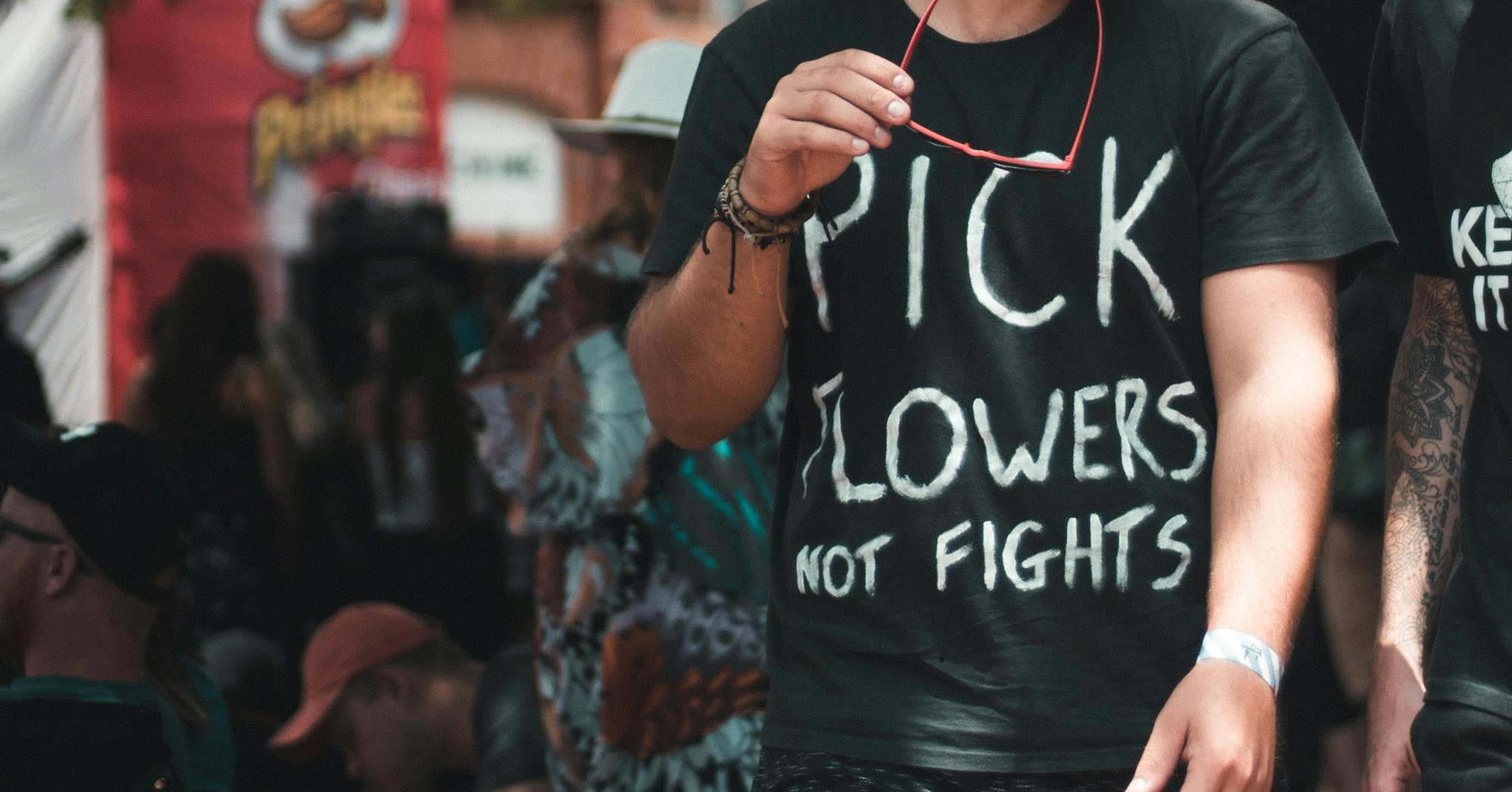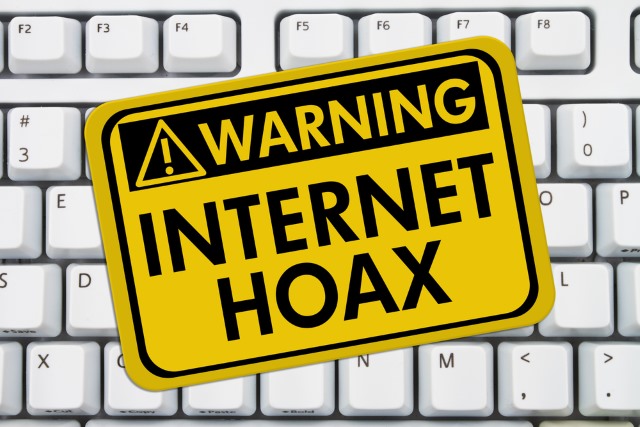Selecting our filter

In 2008, Alan Liu gave a talk titled "Peopling the Police: A Social Computing Approach to Information Authority in the Age of Web 2.0." He reimagined Internet filtering that wasn't one-size-fits-all. He presented a vision of a world in which each of us could choose who we wanted to act as our filter's manager. For example, if we wanted to align with a particular faith group, we could select their filter. If, instead, we tried to follow a political party's guidance, we could do that. Or we could choose to have no filter.
In the twelve years since that talk, we've stumbled into a version of that world. We don't choose to filter our Internet traffic. Instead, we filter our news. Every time we use Facebook and Twitter. Every time we decide to read or not to read a story. Our feeds watch what we do and tweak the algorithms to give us more of what we read and less of what we avoid.
The result is a self-reinforcing, fractured landscape. We don't have a common reference point for our conversations. We don't understand why other people have such strange ideas because we don't know what they know. We can't know what they know because we don't read or watch what they read or watch.
This fracturing has let advertising target smaller and smaller slices of society. This focusing led to the rise of a strain of identity politics that wouldn't be possible otherwise. We no longer see how our view of ourselves fits in with the larger society we live in. Instead, we see ourselves as one of many who look like us.
And so, we have one of the Bene Homini goals: bringing everyone together into a single tribe. We are all people. We are all human. We all face common threats together, and we need to fight together.
What differentiates us is the variety of our opinions. Therefore, we should celebrate rather than dismiss different ideas. We need those differences because we never know what's around the corner. No one could have predicted the specifics of Covid-19, yet some planned for it.
What can you do?
There's not a lot that you can do to expand other peoples' bubbles. Instead, you can take steps to make sure you are getting more sides of every story for yourself. If you want to understand what other people are thinking and why they think that way, you have to step out of your comfort zone and see what others see.
An easy first step is to change your news sources. Please don't get your news from social media: that's part of the problem we're trying to solve. Don't focus on the news stories that make you feel good or reinforce what you want to hear. Instead, seek out a variety of sources that are near the center. AllSides presents articles from centrist, left-leaning, and right-leaning sources on many topics without flooding the page with advertising. If you can't find your favorite newspaper, magazine, or website scored by AllSides, then check Media Bias/Fact Check. It lists thousands of news sources but has a lot of advertising.
When reading stories, keep an open yet skeptical mind. Are the purported facts self-consistent? Are they consistent with other things that you know are true? Or does the story read like a bunch of gossip with stretched truths and salacious details?
Do some research if you suspect that a story might be too good to be true or doesn't fit with what you believe to be accurate. Look through articles on Snopes and other fact-checking sites.
Finally, if you want to push back on someone sharing a story that isn't true, don't only share your research. Many people don't want to accept something that undermines their tribal identity. That's the way nature's wired our brains. So instead, find what you believe they see as their identity and then address how the story is inconsistent with that identity. Or use elements of your research that align with that identity to refute the story.
Further reading




